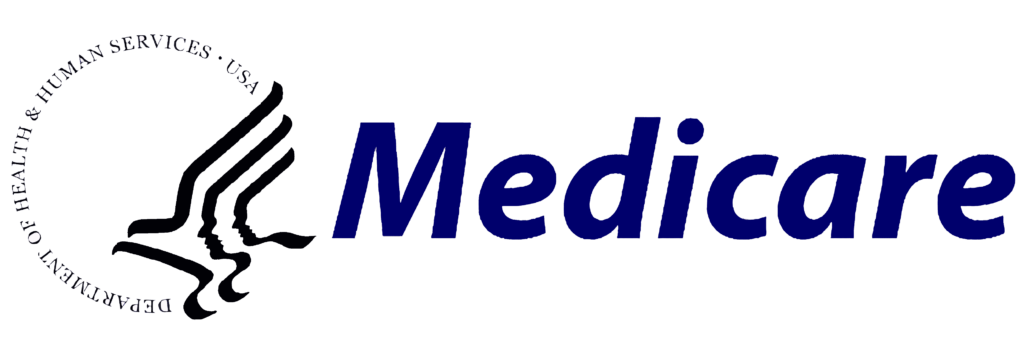Congestive Heart Failure
- Skip The Waiting Room
- No Exposure To Other Sick Patients
- No Patient Travel Is Required

Understanding CHF Exacerbation
Congestive heart failure (CHF) can be a challenging condition to manage, but understanding its exacerbation symptoms and treatment options is crucial. This guide provides clear insights into recognizing the symptoms and the steps you can take to manage them effectively. Remember, timely medical attention can make a significant difference.
Common Symptoms of CHF Exacerbation
Recognizing the signs of CHF exacerbation early can help manage the condition better and prevent severe complications. Here are some common symptoms to watch out for:
- Sudden Shortness of Breath or difficulty breathing, particularly when lying down.
- Rapid or Irregular Heartbeat which may feel like your heart is racing or fluttering.
- Persistent Coughing or Wheezing, often accompanied by pink or white phlegm.
- Swelling in the Legs, Ankles, or Feet (Edema) indicating fluid retention.
- Sudden Weight Gain due to an increase in fluid buildup.
- Fatigue, Weakness, and a noticeable decrease in your ability to exercise.
- Nausea or Loss of Appetite which can sometimes accompany other symptoms.
If you notice any of these symptoms, it’s essential to take them seriously and seek medical advice.
Treatment Options for Managing CHF Exacerbation
Managing CHF exacerbation involves a combination of medication, lifestyle changes, and sometimes more advanced medical interventions. Here are the primary treatment options:
- Diuretics: Help reduce fluid retention and alleviate swelling. Commonly known as “water pills.”
- ACE Inhibitors or ARBs: Lower blood pressure and reduce the strain on the heart by widening blood vessels.
- Beta-Blockers: Slow down the heartbeat and reduce the heart’s workload.
- Vasodilators: Assist in widening blood vessels, improving blood flow, and reducing the heart’s effort.
- Oxygen Therapy: Used to improve oxygen levels in the blood and ease shortness of breath.
- Lifestyle Changes:
- Low-Sodium Diet: Helps prevent fluid retention.
- Fluid Restriction: Limits the amount of fluid intake to avoid overloading the heart.
- Regular Physical Activity: Keeps the heart and body in better condition.
- Monitoring and Management:
- Weight Monitoring: Daily checks can help detect fluid retention early.
- Fluid Intake Management: Keeping track of daily fluid intake can prevent exacerbation.
- Advanced Medical Interventions:
- Mechanical Support Devices: For severe cases, devices like ventricular assist devices (VAD) may be required.
- Heart Transplant: Considered in extreme cases where other treatments have failed.
When to Seek Medical Attention
It’s vital to know when professional medical help is necessary. Seek immediate medical attention if you experience:
- Severe shortness of breath that does not improve with rest.
- Chest pain or discomfort.
- Fainting or feeling like you might faint.
- A rapid weight gain of more than 2-3 pounds in a day or 5 pounds in a week.
- New or worsening swelling in your legs, ankles, or feet.
- Persistent coughing or wheezing with pink or white phlegm.
What To Do Next
Understanding and managing CHF exacerbation is crucial for maintaining your health and quality of life. By recognizing the symptoms early and following the recommended treatment plans, you can better manage your condition. Always consult with your healthcare provider for personalized advice and treatment options.
For more detailed guidance and support, consider scheduling a consultation with a he




